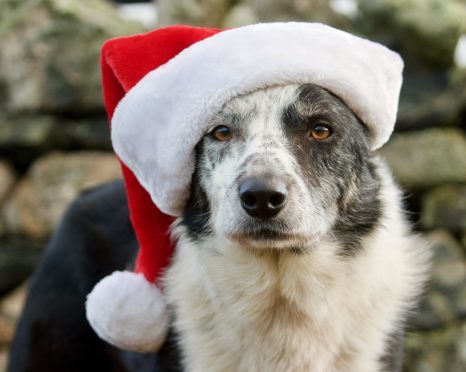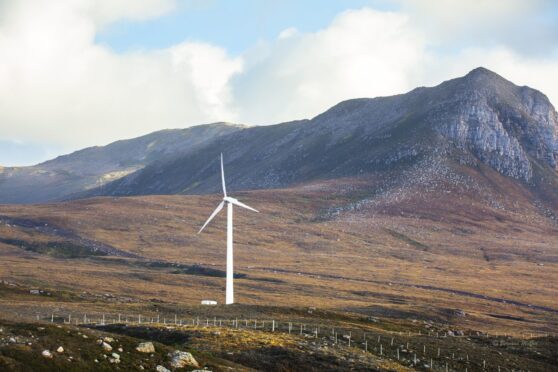My friends and family laugh at me as I stalk the local supermarkets aisles, checking the source of origin on the lamb that they are selling.
My latest trip at the weekend was the best to date. The majority of the lamb on offer in the fresh meat section carried the Scotch lamb brand with the remainder made up of British produce right down to the offal.
Our local Tescos had pre-prepared, herb-encrusted, British lamb joints, ready to go in a roasting tin and bag. Forty minutes in the oven with no mess. They looked great and were reasonably priced. For busy people, especially at this time of year, that just might be enough to catch their eye and get them back buying lamb.
The supermarkets are not stupid and they have changed the wording on the excellent range of precooked, vacuum-packed lamb joints that they offer. The source of origin on their lamb shanks and pulled shoulder ranges now includes lamb from the UK as well as New Zealand, Ireland and Australia. The inclusion of the UK on the label, I suspect, takes the heat out of some of the flak they receive for their use of imports.
Does this matter? Probably not, I’m really grateful to see these convenient, tasty lamb meals on offer. Going forward we can push for more of our homegrown lamb to be used but firstly we need to get more people back to buying lamb.
I was recently asked into a local school to talk to 80 pupils in Primary 5-7 about what life is like farming. Along with my pictures and drone films I was armed with Scotch Lamb beanie hats and aprons thanks to the team at QMS. They also supplied ‘meaty fact’ leaflets and a film for use in the classrooms on job opportunities within agriculture and the benefits of eating red meat.
My audience was a grand bunch with lots of interaction and questions. I think its important to make the connection early with the next generation of shoppers and consumers and – if we’re lucky – possibly encouraging some new talent into farming.
It’s vital that we set the record straight. We produce quality livestock to world leading welfare standards, but take a look at YouTube and the films PETA (People for the Ethical Treatment of Animals) post and you will see the negative propaganda we are up against.
As we head into 2018 I don’t feel our agricultural future is much clearer than it was this time last year. The sheep industry is very vulnerable with the uncertainties of Brexit and we face many challenges from the lack of consumption through to the weather – and a myriad of problems in between.
I take a very simplistic view of the world. I believe that if we could increase the amount of lamb we consume on the home market we would have a stronger sheep industry. Easier said than done, but that’s certainly something all of us involved in the sheep world should push for in the new year.
I wish you all a very peaceful Christmas and a very happy and healthy 2018.










